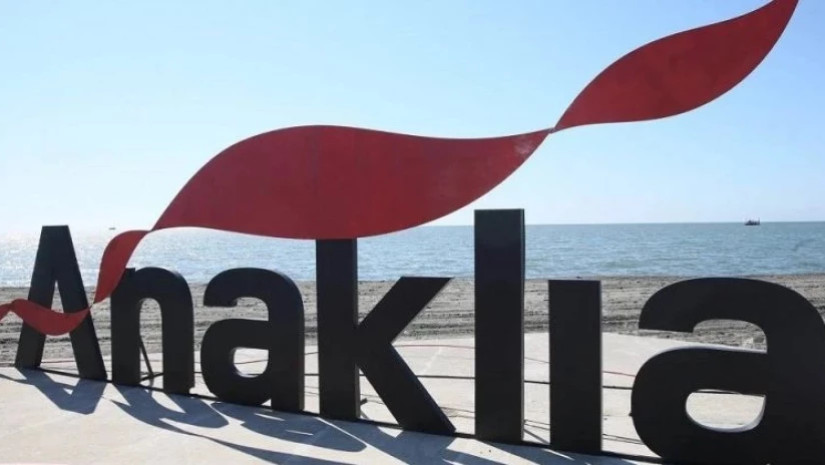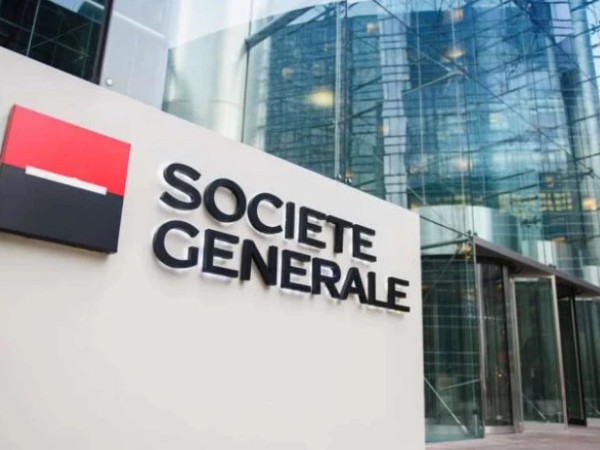In 2023, during a meeting of the US Senate Foreign Relations Committee’s subcommittee, James C. O’Brien, Assistant Secretary of State for European and Eurasian Affairs, articulated the US stance on Chinese involvement in the Anaklia Port project. O’Brien emphasized that critical infrastructure such as the Anaklia port should not fall under the control of states known for their illicit practices.
It is noteworthy that O’Brien was not the only US official to caution Tbilisi. During a visit to the United States by the former Georgian Prime Minister, Mamuka Bakhtadze, the former US Secretary Mike Pompeo emphasized that the construction of Anaklia Port could strengthen Georgia’s ties with free-market economies and mitigate the economic influence of Russia and China.
NATO’s strategic interests in the Black Sea encompass not only the security of Western countries but also the energy domain. The Transport Corridor Europe-Caucasus-Asia (TRACECA), also known as the ‘Middle Corridor,’ aims to connect Europe with Central Asia via the Black Sea Region. As an alternative to the northern route that connects Europe and Asia through Russia, the Middle Corridor has gained appeal as European countries seek to reduce the EU’s energy dependency on Russia.
In 2023, 34 percent of the EU’s natural gas and oil imports came from Black Sea littoral states. Additionally, a memorandum signed between Azerbaijan and the EU envisions importing 20 billion cubic meters of gas to the EU by 2027. The Anaklia port project represents a critical component of TRACECA, which can significantly enhance the transit capacity of the route.
For both NATO and the United States, the primary security challenge in the Black Sea Region emanates from Russia. However, this perspective does not overlook the potential challenges arising from cooperation with China. In this context, Beijing is seen not only as an actor pursuing an expansionist economic policy but also as one that enhances its cooperation with Russia despite the latter’s aggressive foreign policy. The Sino-Russian relations extend beyond economic ties to include security cooperation. In 2020, Beijing participated in ‘Kavkaz 2020’, a military exercise organized by Russia. This close military cooperation between China and Russia suggests that increasing Chinese influence in the Black Sea Region could undermine NATO’s vital interests and presence in the region.
As such, while addressing the immediate threat posed by Russia, NATO and its allies must also develop strategies to counterbalance China’s growing footprint in the region. Ensuring a stable and secure Black Sea Region requires a multifaceted approach that considers the intertwined influences of both Russian and Chinese ambitions. This will be crucial in protecting the strategic interests of the alliance.
Georgian Dream, the ruling political party in Georgia, has awarded the Anaklia deep seaport construction project to a Chinese-Singaporean consortium. This strategic decision not only shifts Georgia’s Euro-Atlantic aspirations but also raises security concerns, given the geopolitical implications of increased Chinese involvement in the region.
The Anaklia Port Construction Project holds immense strategic significance for Georgia, both economically and politically. With an annual cargo capacity of 50 million tons and 2 million TEUs, the port’s plans are quite ambitious. With this capacity, Anaklia would become a major trading hub between Europe and Asia, accelerating Georgia’s economic development and attracting international capital. In addition, the port’s ability to handle the largest ships in the Black Sea will strengthen Georgia’s position as a hub for regional transportation, boosting the local economy. Besides, the port construction can aid Georgia’s economic diversification, as it would decrease the country’s reliance on Russia and consequently reduce Russian influence.


















